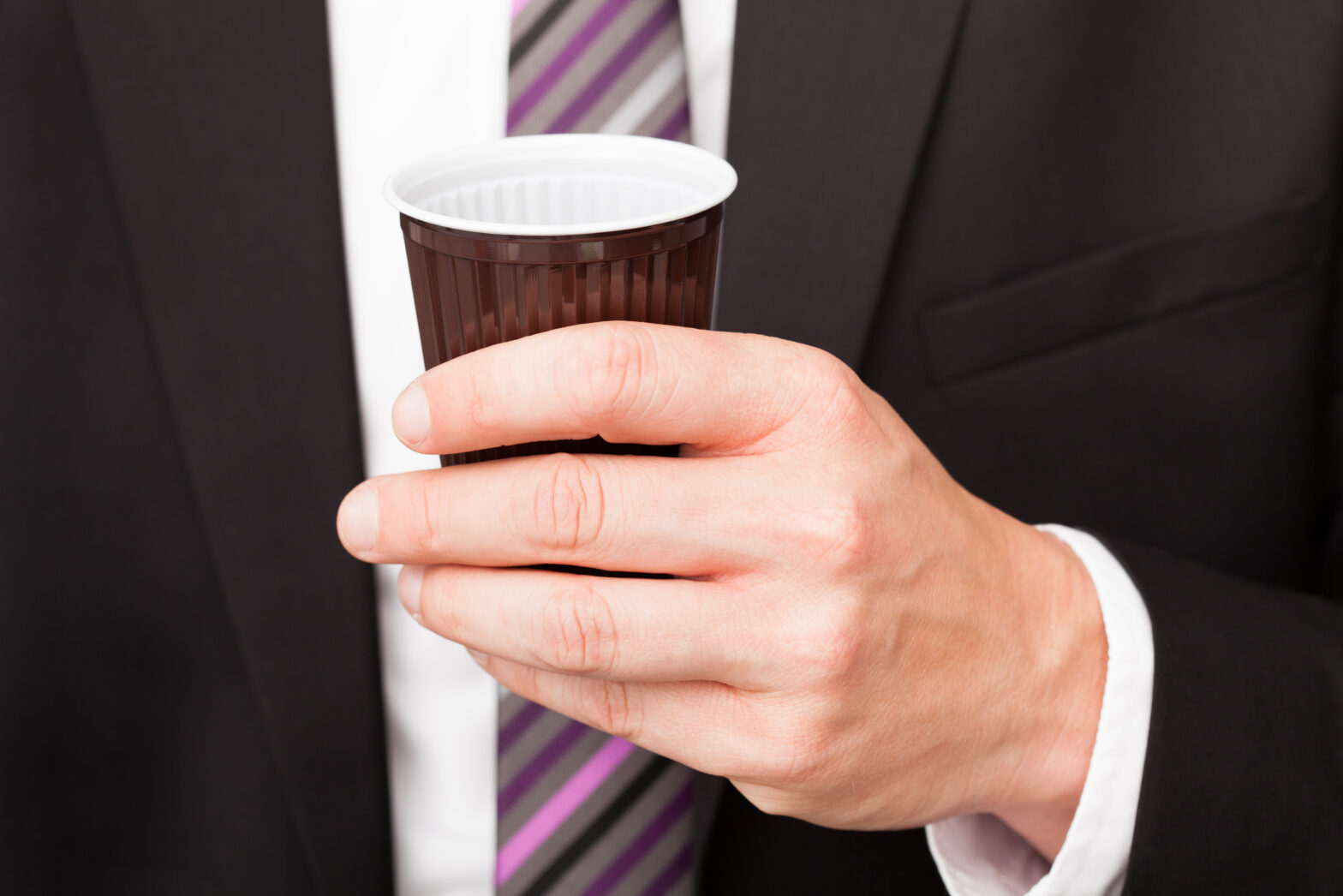Vending machines are a familiar sight throughout public places, offices, hospitals and almost every type of building with a reasonable degree of footfall. They provide a very convenient solution to people’s hectic and rushed lives. Rather than having to wait up to five minutes or more while a barista crafts a beverage.
However, over the years things have changed drastically in the vending industry. No longer are we limited to the ‘traditionally’ simple machines with one or two products or drinks on offer. Nowadays the choice is much wider with regards to the types of machine as well as what can be bought from machines with some utilising state of the art technology to create ‘vending experiences (source: Pelican Rouge).
Vending machines go back as far as the 17th century when taverns throughout England were host to portable, brass machines that dispensed different items. However it wasn’t until the late 19th century that the first official vending machine was established.
More businesses than ever use vending machines in order ensure that staff and visitors receive replenishment and refreshments on demand and to a good standard. In the long run, using vending machines is cheaper and it is a much more convenient way to provide refreshments. One of the most popular types of vending machines is coffee machines.
There is a great deal of choice in how customers and businesses prefer to have hot beverages dispensed including via vending machines and barista-crafted drinks. Businesses though will need to weigh up their options before choosing their preferred method of providing beverages to their staff.
Barista crafted drinks
There are a number of advantages and disadvantages to barista-crafted beverages. When it comes to the overall quality of the drink served, this is very much dependent on the quality of the beans used and the skill of the barista. Therefore, quality can range considerably from excellent to potentially terrible. In addition to this, the consistency of the actual drinks in terms of the taste and appearance; regardless of the quality of the beans varies as it is down to the barista.
Where barista-crafted drinks come into their own is when it comes to the versatility of what can be offered and the theatrics involved with crafting the drinks. When a barista is on hand to craft the drink, the potential offerings are huge. From lattes to cappuccinos and more, drinks can be customised in a way that machines can simply not compete with.
Vending machines
Vending machines’ main advantages are consistency, ease of use and convenience. With a good quality machine, drinks’ quality will be consistent and customers are guaranteed the same quality every single time. Furthermore, dispensing a drink is as easy as the push of a button and inserting the right amount of money.
Vending machines are also able to cope with a very high level of demand. Whilst they only dispense one or two drinks at a time, they can produce drink after drink, time after time at regular intervals, usually less than a minute per drink; quicker than a barista.
In terms of versatility, vending machines offer a great deal of choice but this is very much dependent on what is programmed into the machine and what the client has chosen. However, the machine will be limited to a set number of choices whereas a barista will be able to craft a limitless number of types of drink.
Which should you use?
When it comes to the beans that are used, vending machines will use one variety of beans for every cup of coffee produced. However, barista-crafted drinks can be more personalised. For example, a wider variety of beans can be available for different drinks and to suit preferences, making for a wider variety of choice.
In a business sense this means that more can be offered to customers. For example, where barista-crafted drinks are available, a barista could sell single origin coffee to customers, which cannot be done with machines. This also could mean that in a location where barista-crafted drinks are available, the business in question can responsibly source their beans and related products from smaller and emerging producers. This often makes for more ethical business offerings supporting smaller villages and towns in emerging markets (source: Artisanne), which can also mean higher quality products which are produced in smaller batches.
See also: Caffeine addiction – employee coffee trips costing British businesses





